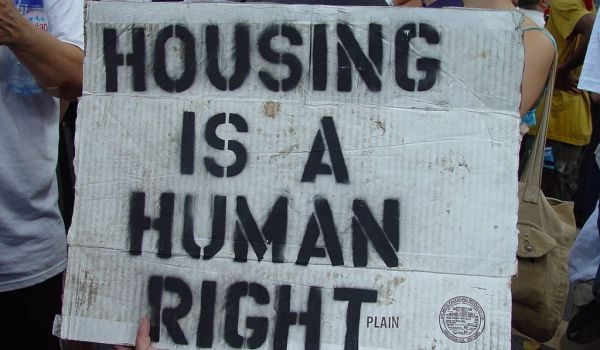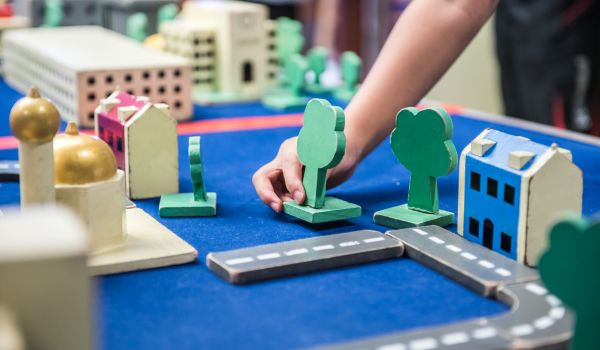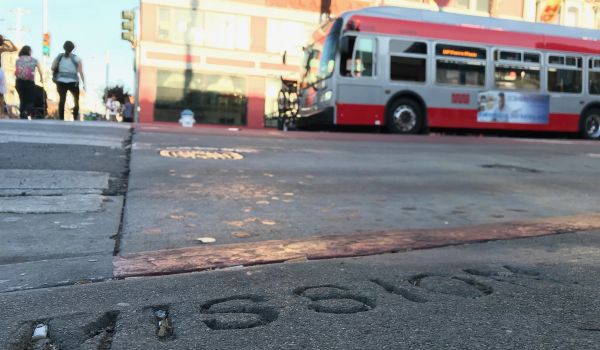Charleen Jones was a 64-year-old retired post office supervisor in Houston when she got a new, unexpected gig: serving as a neighborhood ambassador identifying affordable housing hotspots in Harris County. Over the course of around eight months, she conducted interviews with neighbors about what they look for in a new home.
The opportunity was for a Harris County housing study called My Home Is Here, which aims to develop more affordable and equitable housing options in the city of Houston and throughout Harris County through 2030. A Black-owned communications firm called FordMomentum! conducted the study.
“I have never done anything like that, but I am a community-minded person,” Jones says. “FordMomentum! has broaden my horizon on issues that have always been important to me, but I haven’t been engaged with.”
FordMomentum! uses data science, culture and creativity to better understand communities of color. Maya Ford, the principal and founder of FordMomentum!, The company believes that authentic cultural information is the key to informed decision-making, particularly for communities that are often misrepresented. Ford had spent the majority of her career working in communications and media until she used her retirement savings to start the company at the age of 38.
“We make assumptions about culture that don’t actually add up,” Ford says. “Instead of saying ‘we don’t know and let’s dig deeper,’ we tend to just make more of the same decisions based on those assumptions.” Instead of basing decisions on assumptions, which can translate into harmful policies, FordMomentum! helps local residents articulate their values and identify the assets and economic power their communities already have within them.
Ford based FordMomentum! around a methodology called Standard of Love (or STOLO), inspired by writer and activist Gloria Jean Watkins, better known by her pen name bell hooks. The technique uncovers and develops the values already existing within people and their communities and translates them into reports for municipalities and organizations.
The organization collects data through one-on-one interviews — conducted by neighborhood ambassadors like Jones — and research a region’s existing strategies and norms. This qualitative data is organized into STOLO’s five pillars: literacy, values, self-esteem, economic power and justice. Following these interviews, the team conducts a quantitative survey to verify the community’s values and provide insights for the client. Before publishing a final report of their findings, the FordMomentum! team presents the results to the communities they spoke with to ensure they accurately captured their values and needs.
“Communication is the bridge between communities and municipalities,” Ford says. “If you live in your neighborhood, you are a cultural expert on your neighborhood. And culture is not just about ethnicity, it is about the things people value and how they assimilate to create variables that help them survive and thrive.”
The STOLO method aims to drive economic power in communities by enabling them to articulate exactly what they want to solve, protect and produce or trade.
“The root of our work is focused on redefining the economic equations we use for everything — from production, development, distribution, aggregation and even joy, contentment, rest,” Ford says. “The current equations intentionally dismiss or devalue important variables required for economic parity and efficiency. Oftentimes, the missing variables are cultural or regional.”

FordMomentum! founder Maya Ford (Photo courtesy of FordMomentum!)
After winning the bid for Harris County’s first 10-year housing strategy study, FordMomentum! embarked on a multi-year effort to identify the housing needs of the county’s communities over the next decade. Harris County is the fourth-largest municipality in the nation and has more than 15 languages spoken.
FordMomentum! worked under the guidance of the Kinder Institute for Urban Research at Rice University and hired 15 local residents as the neighborhood ambassadors, and paid them on average $35 an hour. The ambassadors went through a short training on housing terminology and literacy, communication skills and more. The trainings also equipped the community ambassadors to perform other tasks for the region so that Harris County can call on them at other times of need.
The final report was published last October and included input from 17,510 residents. The study found that 21% of low-income families would like to move, but are unable to find affordable housing. More than half of the respondents also worry about whether they’ll be able to stay in their current homes because of rising financial burdens.
In addition to providing guidance on many needed housing and infrastructure upgrades for Harris County, Ford says the study also made an impact through training the neighborhood ambassadors to recognize their value, hone their communications skills and use those skills to make a living wage.
This proved true for Charleen Jones. After the Harris County study, she secured an opportunity with Education Based Housing, a Houston-based affordable housing nonprofit, to identify vulnerable elders in the community in need of housing repairs.
“FordMomentum! opened up the door for me to be a community ambassador and improve my skills in that capacity,” Jones says. “I feel blessed that I am able to help others who don’t know where to go when they need help.”
Outside of Harris County’s housing survey, FordMomentum! has worked with the Texas Children’s Hospital, Houston’s Midtown Redevelopment Authority and the City of Las Vegas, among others. In the future, the company hopes to provide communications training for 100 women across the nation with Build Back Better funds.
Ford also runs a paid Department of Labor-approved apprenticeship program where residents complete an 18-month training before working on an active project with the company. So far, three people have completed the program and all are working in communications or a related field.
The company is honing a model for how communications and media can be leveraged as a tool to not only drive decision-making, but empower communities to develop the assets already within them.
“We are looking at values, what is important to us, and what it is worth. We protect what we value,” Ford says. “[And] we want people to capitalize on their own cultural experience and capacity through communications.”
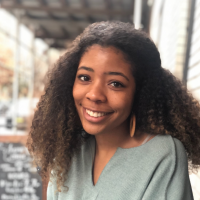
Mia Jackson is a master's student at the Bartlett School of Architecture, University College London. Her writing about cities, health and innovation has appeared in Newsweek, The Daily Beast, The Virginian-Pilot and elsewhere.

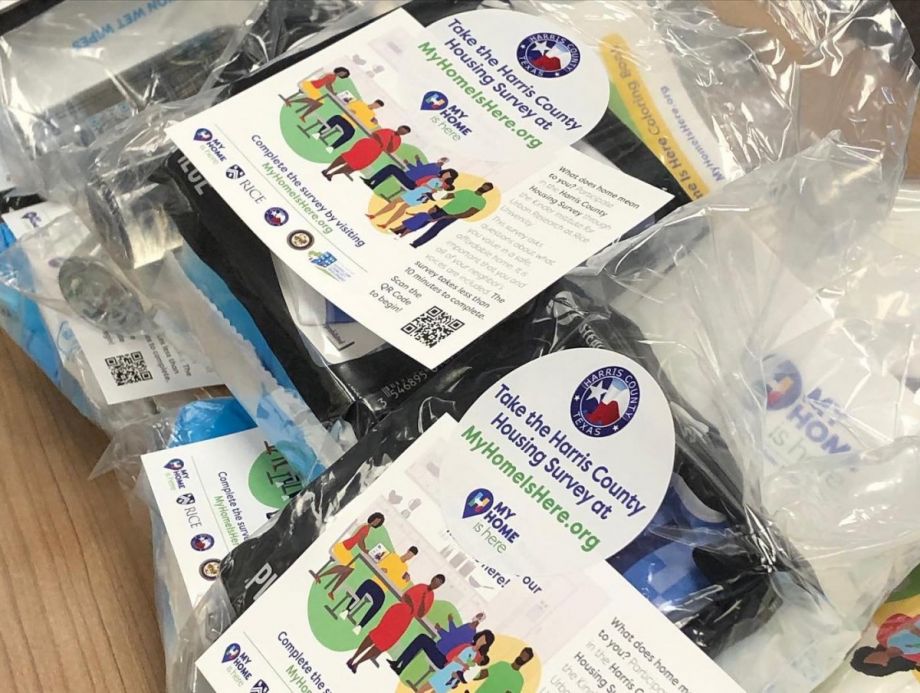

_920_614_600_350_80_s_c1.jpg)

_600_350_80_s_c1.JPG)

